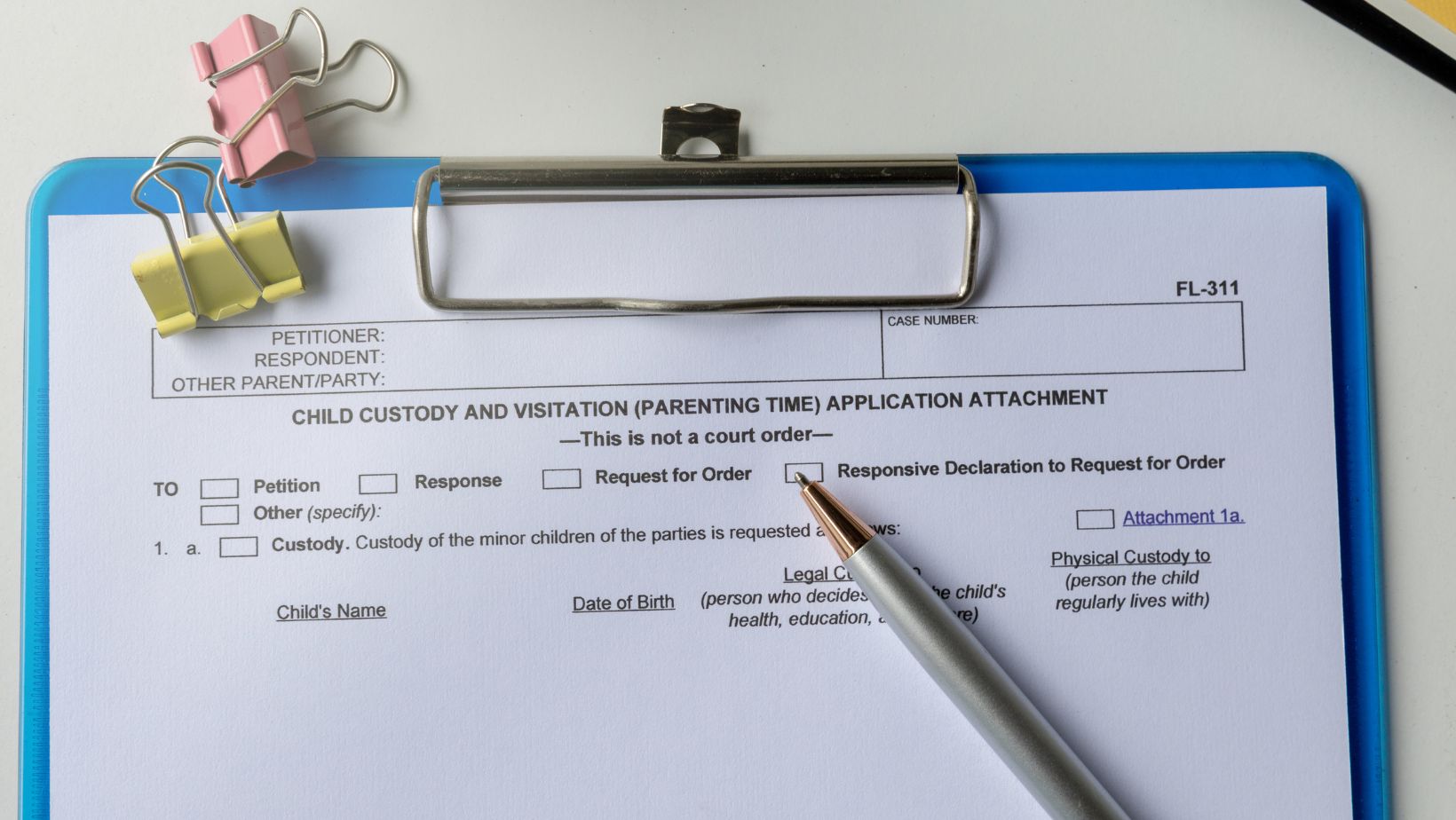
Did you know, in more than fifty percent of child custody cases, parents agree that the mother should be the custodial parent?
Once parents separate or divorce, they discuss matters related to their child, including who receives custodial rights. In custody considerations, the overall welfare of the child, including how he or she will be cared for and by whom, should be the foremost consideration.
In child custody cases, nothing is taken lightly when a judge makes a ruling, and every factor will be weighed accordingly. Everything from a child’s safety and health to a parent’s ability to provide a nurturing and stable environment will come into play
Let’s talk about the factors concerning child custody cases that the courts look into so that parents can mentally prepare and concentrate on the actual process.
Child’s Age and Developmental Needs
The custody plans must change based on the child’s age and developmental needs. For example, a toddler would be quite disturbed if he or she were separated from one parent, whereas a teenager would require many more hours with his or her peers and extracurricular activities.
One should keep in mind that attachment and specific physical attention are necessary for the infant and toddler and in most cases, having one person for stability and care would suffice. At the age of 3 or 4, they may require more independence for choice and expression.
Their abilities to process emotions and interactions, depending on their growth stage, are all factors to account for. If you’re working on the custody situation, watch the child in various settings and with different caregivers.
Custody arrangements should be developed in accordance with the child’s needs. According to a divorce attorney in Rochester, NY, the judge must take into account if a child has a disability or medical condition that requires ongoing care, or if the child has special needs or developmental disabilities. The focus of the practice is to guarantee the child’s welfare and to facilitate ample opportunities for emotional bonding with both parents. The concern should always be with the happiness and development of the child.
Parents’ Living Arrangements and Stability
How do your living arrangements affect your child’s welfare? The courts look at the stability of the environment and each parent’s suitability within their home. If your living quarters remain stable, safe, and nurturing, you will likely be awarded the custody by the court.
A constant routine, a place for your child, and a support network are all important stages in their development.
Relocating too often or subjecting a child to uncertain living conditions may lead to emotional disturbance.
Stable place translates to a more secure environment, which is important to custody evaluations.
Relationship Between the Child and Each Parent
The bond your child has with each parent weighs heavily on custody decisions. Courts gauge the strength and positivity of these relationships. They want to have a bond that assures a child of emotional support and stability. The bond that exists between you and your child weighs on the judge’s verdict.
Visits to school functions, sports, and anything else the child is interested in, such as going to a park, restaurant, or mall, would show how much you have committed yourself to fulfilling your obligations as a parent by participating in your child’s activities.

The court will also look closely at whether parents can communicate and do joint activities, since this can also influence a child’s welfare. Several witnesses will observe the atmosphere in which the child is raised, whether it is agreeable or hostile to the other parent, when determining custody.
Put effort into fostering these relationships to aid your cause.
Child’s Preferences and Wishes
A child’s preferences and wishes may not be the sole factor for determining custody, but they always carry at least some weight in courts.
During the process of compiling and submitting the case, the judge may wish to confer with your child to hear the child’s views on where they would like to live.
Depending on the age and maturity of your child, their personal wishes may have some bearing on the final decision. Keep in mind that such wishes are merely one among several other factors that the judge will look at when deciding on the child’s best interest. Other factors include his or her emotional and physical well-being.
Parents’ Ability to Co-Parent Effectively
A child’s preferences reflect emotional needs, but the final custody determination always rests on parental ability to work together.
Court pays heed to evidence that you and the other parent will in fact work together, communicate, and put the child’s needs above everything else. Cooperation in scheduling, parenting duties, and decision-making is a strong plus in your favor.
If you can respect each other’s parenting styles while still supporting the child’s upbringing, your efforts will build momentum for your position. Being able to stay civil in the midst of conflict is yet another demonstration of your willingness to co-parent.
In the end, an attorney or judge will want the parents to provide stability and a constant rhythm in the child’s life irrespective of their relations between themselves.
